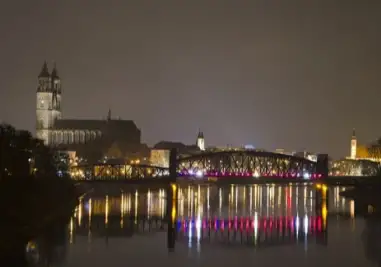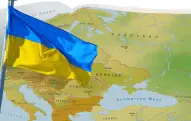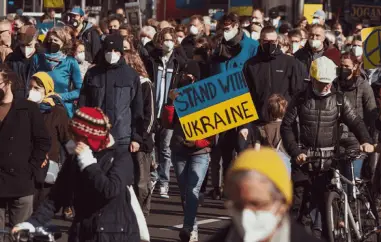Legal Experts Propose Plan to Block Trump's Presidential Inauguration
After making negative headlines for years, the Balkan nation has at last made landmark steps to resolving the conflict with Kosovo, which has always stood as a barrier to European Union Membership. The Kosovo conflict caused widespread fallout and estimated loss of life numbering in the thousands as tensions escalated between the Federal Republic of Yugoslavia and the Kosovo Albanian rebel group KLA (Kosovo Liberation Army).
The conflict was riddled with religious and racial issues as Yugoslavia was involved in an attempted genocide, prompting bombardment by NATO forces in retaliation. The atrocities committed continued to escalate both in terms of armed conflict as well as atrocities committed against civilians until the Yugoslav forces could not endure the attacks of the international response force KFOR any longer.
The conflict ended with the signing of the Ramboulliet Accord by the Albanian, American and British delegations and a refusal by Russian and Yugoslav forces as it called for complete and open access to Albanian territory for NATO forces. The treaty was rejected, leaving the conflict partially unresolved, yet still resulted in the secession of Kosovo as an independent nation and Yugoslavia's dissolution and reformation into today's Serbia, more accurately representing the ethnic groups living in the former nation.
Yugoslav leader Slobodan Milosovic as well as his top supporters were also famously tried by the International Criminal Tribunal for the Former Yugoslavia in The Hague following incident reports of civilian targeting and nationalist propaganda aimed at ethnic minority groups.
Now, Serbia has taken important steps to finally make the Balkan Wars a part of its past by entering an agreement with Kosovo, providing Kosovo with more regional authority, although not formally recognizing the breakaway nation. This prompted the European Commission to award Serbia with official EU candidacy, officially marking the beginning of Serbia's EU membership bid. The road to official EU membership recognition began last year when the country arrested two nationals and alleged war criminals Goran Hadzic and Ratko Mladic, who have been sought by The Hague for prosecution as war criminals possibly responsible for the Srebenica Massacre in 1995.
While tensions among the population still run high, as a result of widespread human rights abuse on all sides of the conflict, with even NATO attracting criticism for its indiscriminate bombing of Yugoslav targets with high civilian casualties, the nations have sought to readdress the border conflict which flared up as recently as December 2012. By making public and sincere attempts to reconcile the conflict which has long held the Balkan nations back, both politically and economically the nation has fulfilled the requirements for candidacy status, prompting another round of inquiries and possibly a plan to bring stable and lasting peace to the Balkan region.
In the past, the refusal to accept the loss of southern territories has held back the complete recovery from the conflict and damaged international standings. Now, marking an important milestone for the region, the bloodiest conflict Europe has seen since World War II may finally come to a lasting halt. While it is unlikely that Serbia will become a full member before the year 2020, the nation will be joining its fellow Balkan nations Slovenia and Croatia, both of whom have shown significant economic growth since joining the EU in 2004. Montenegro has joined talks last year and Macedonia also holds candidacy status. As of the moment, Bosnia remains the only nation from the former Republic of Yugoslavia to attempt to join the European Union.














































